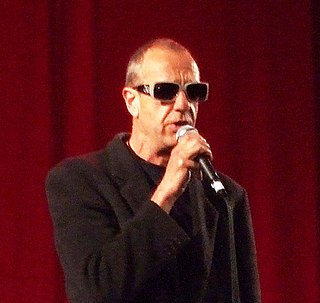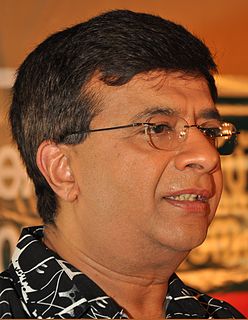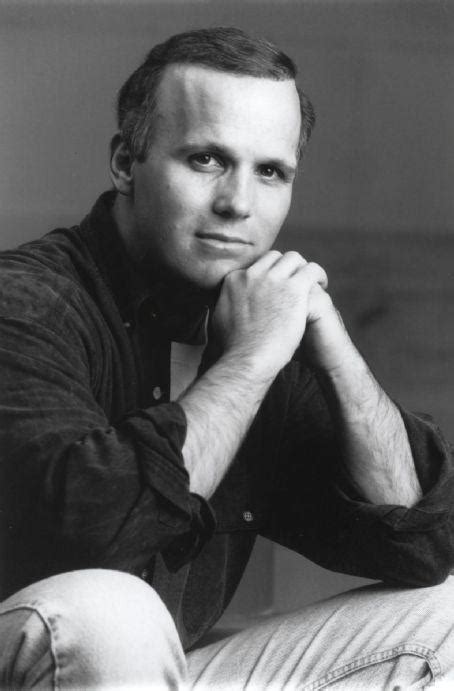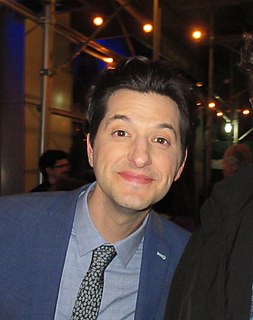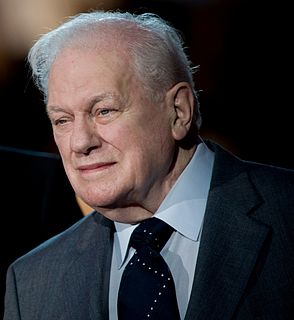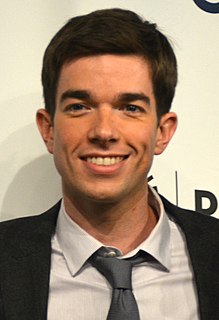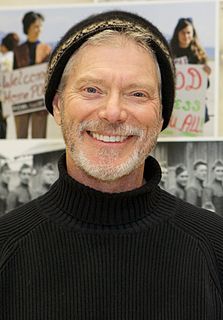A Quote by Arthur Smith
Acting in a stage play is like working the evening shift in an office.
Related Quotes
I dropped out in middle school. I dropped out in, towards the beginning of the ninth grade. And then I started studying -I started taking acting classes at a, well first I was like in a community theater at that time in Torrance, California, so I finished up like my season with that community theater just acting in, you know, acting in a small part on this play or a big part on that play or a stage manager or assistant stage manager in another play.
I was applying to the art school, but there was a checklist that said I had to do either production design or stage management or acting. I thought, "I don't want to be an actor, but I know production and stage management take acting classes" - this is literally my internal monologue. I was like, "Designers don't have to take acting classes. Cool. I'll check that box".
I was new to acting on a stage in a narrative as opposed to acting on a stage as a stand-up. And like everything else it's just like comfort level. The first time I did stand-up I was at a place called the B3 in New York on Third and Avenue B and I not only didn't take the mic out of the stand, but I clutched the stand of the entire time.
On some level, acting is the art of pretend, and you have to have a highly cultivated sense of imagination. You have to be able to see things that aren't there, no matter what aspect of acting, whether it's green screen, whether it's on stage, whether it's anything else, whether you're working on the radio.
